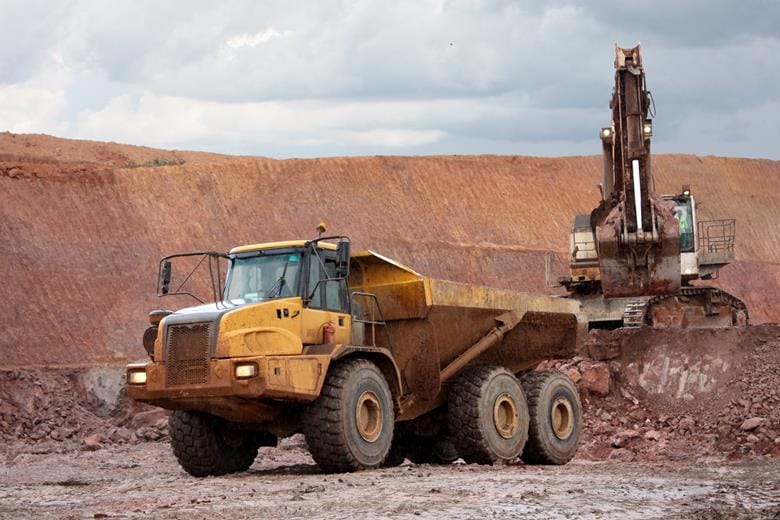The Democratic Republic of Congo (DRC), which supplies more than 70% of the world’s cobalt, is taking steps to stabilize the metal’s volatile market and strengthen its dominance in the global supply chain. Cobalt is essential for electric vehicle batteries and renewable energy technologies, but fluctuating demand and geopolitical pressures have caused significant price fluctuations in recent years.
Cobalt prices, which reached $100,000 per ton in 2018, have fallen to $30,000 per ton in 2024 due to oversupply, slower-than-expected EV growth and changing battery technologies. In response, the DRC government imposed a four-month export ban in early 2025, followed by quotas aimed at boosting prices and stabilizing the market.
Chinese companies currently operate around 70% of cobalt mines in the DRC, and China accounts for 80% of global cobalt refining. To reduce this dependency, the DRC has launched efforts to renegotiate mining contracts, increase transparency, and attract new partners from outside China. A government commission has also been tasked with reducing the influence of Chinese firms such as China Molybdenum.
Despite efforts to exert greater control, the DRC faces structural challenges such as weak governance, widespread artisanal mining, and concerns about child labor. While informal mining plays a critical role in mineral supply, it also raises ethical and human rights issues. To address this, the DRC launched the state-owned Entreprise Générale du Cobalt (EGC) to regulate artisanal mining and improve responsible sourcing.
The European Union is collaborating with stakeholders to introduce a digital passport system to track mineral origins and improve traceability. Meanwhile, recycling is emerging as a potential long-term solution, with secondary cobalt supplies set to quadruple by 2040.
Experts warn that export bans may cause short-term price increases, but lasting market stability will require broad, sustainable reforms, improved infrastructure and international cooperation.



